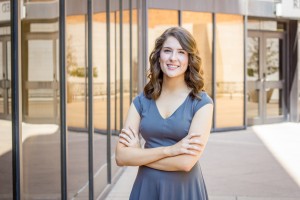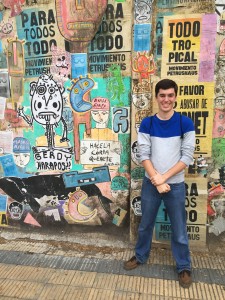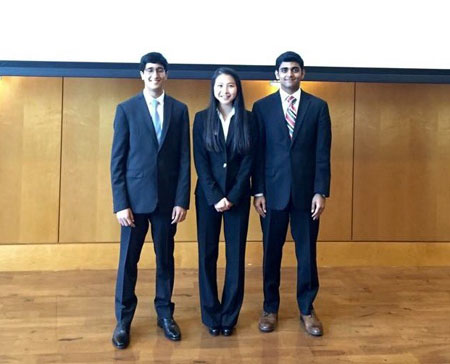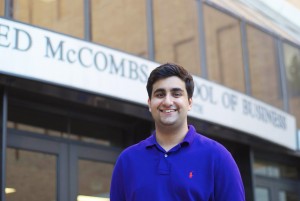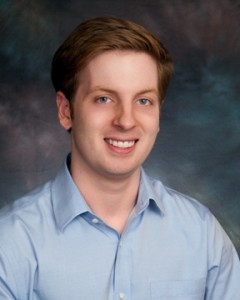BHP senior Bethany Rolan was originally intimidated by the size of UT and envisioned herself at small liberal arts college in the northeast. Her mother insisted that she apply to one Texas school, so she applied to UT Austin. She didn’t know much about BHP at the time. She had only heard about it through her college counselor. After being accepted into the program, she attended Discover BHP in the Spring of her senior year. Bethany remembers it as an incredible experience, and appreciated that the professors really knew their students. The program was what led her to choose UT and BHP.
As an entering freshman, she aspired to be an event planner specializing in corporate events and high-end weddings. This led her to join the student organization Campus Events and Entertainment. She served on the Texas Traditions Committee planning such campus events as Texas Revue, the largest campus talent show, and 40 Acres Fest, the largest campus outdoor festival.
Bethany was honored to be accepted into Orange Jackets, the oldest women’s service organization on campus, her sophomore year. This year, she is serving as the president of the organization. She says that “it has been the biggest opportunity for development she has ever experienced” and says that trying to lead a group of driven, empowered women leaders has helped her to learn about herself, her competencies, and her leadership style. Bethany is also involved in the Best Buddies program, where she works with adults with intellectual and developmental disabilities, and she is a member of the Honors Business Association.
Bethany added a supply chain major her sophomore year and landed an internship with Fiat Chrysler in the area of Purchasing . She enjoyed the role, but found her career interests shifting again as she learned from her peers about the dynamic opportunities to engage new audiences, travel across the world, and work on unique projects as a management consultant. She recruited for a management consulting position her Junior year and was grateful to have the opportunity to intern with McKinsey. Bethany will return to the firm as a full-time employee after graduation. She plans to join the women’s network at her new firm and is excited to work for a company that will let her work on projects that empower women.
In the future, she would like to consult in education and lead empathy and language campaigns for young students, teaching inclusivity. “How we are taught to talk people and how we hear people talk about others is very important,” she says.
Having a strong support system of students who are all driven, yet passionate about diverse interests, has made a significant impact on Bethany’s BHP experience. “People are the whole point,” she says, explaining that engaging with others deeply and developing strong relationships have been the most rewarding part of college. “BHP and Orange Jackets have changed me as a person and are what I will remember most about college. Every project, initiative, and event I have helped complete on campus has been enabled by incredible people.” She wholeheartedly believes that informal mentoring from older students was instrumental in her gaining an understanding of the unique career paths she could take, which is why she is always happy to go to lunch or grab coffee with underclassmen!

